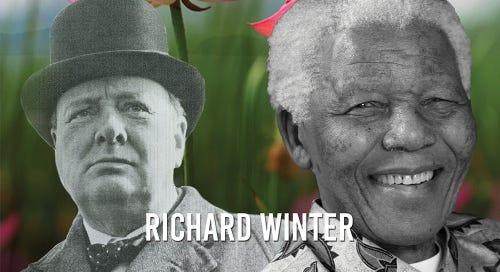In How to Be the Change We Need, Richard Winter offers a compelling examination of personal transformation as a foundation for societal change. His writing deftly navigates the challenges we face in today’s world—climate change, social justice, and political strife—while encouraging readers to recognize the power of individual action in addressing these issues.
Winter emphasizes the importance of self-reflection and mindfulness, advocating for meditation as a tool not only for personal growth but also for influencing broader societal dynamics. He argues that through meditation, individuals can cultivate clarity, compassion, and resilience, qualities essential for effective leadership and policy-making. By engaging in regular mindfulness practices, Winter suggests that policymakers and politicians can gain deeper insights into the human experience, allowing them to approach governance with greater empathy and understanding.
Drawing on a rich tapestry of personal anecdotes, research, and …
Keep reading with a 7-day free trial
Subscribe to The Gentle Law to keep reading this post and get 7 days of free access to the full post archives.




